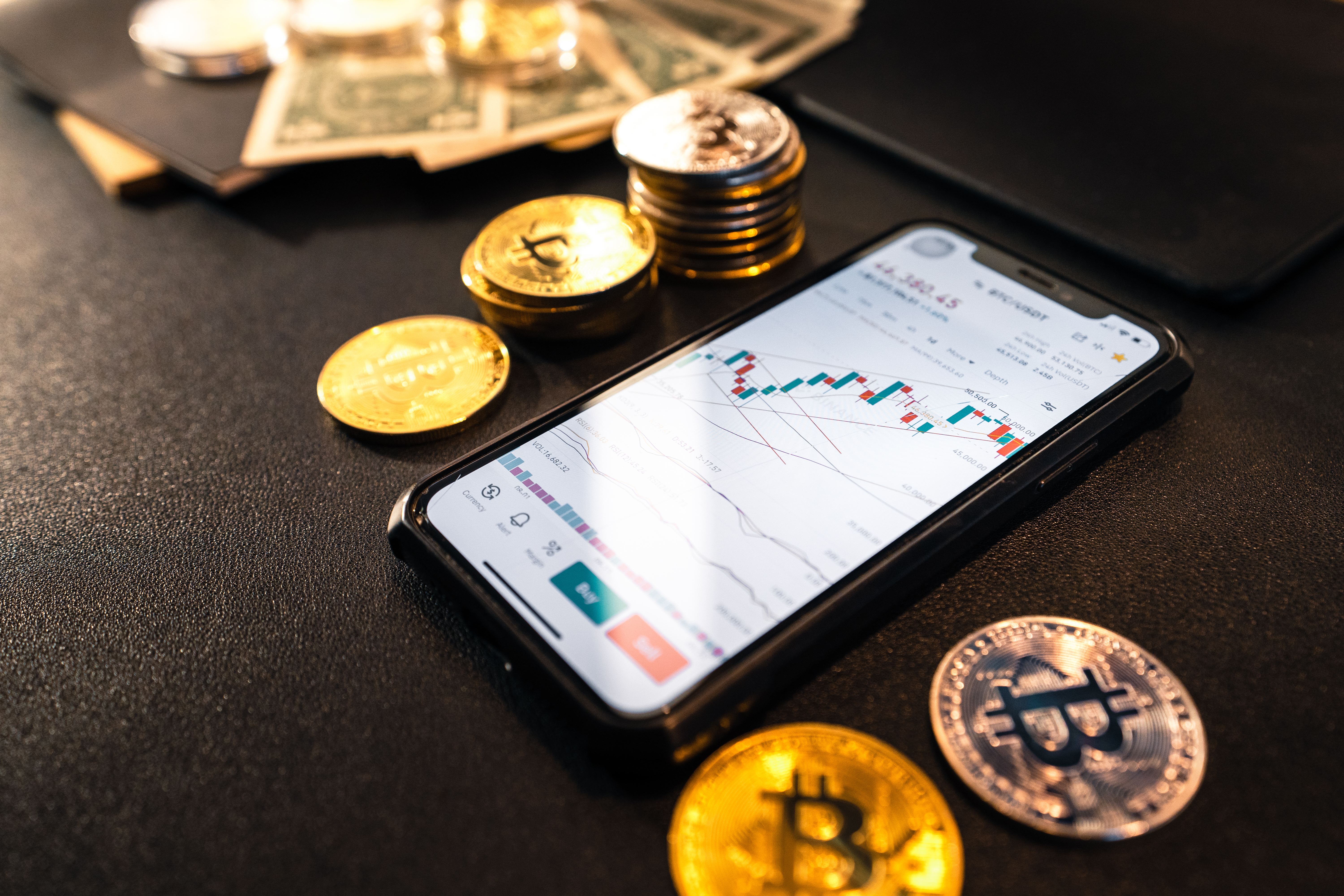

Invest now and get 20% off

Invested $100 just now.
Got $20 Instant Discount!

The Importance of Security in Cryptocurrency Investments
Cryptocurrency has revolutionized the way we think about money and investing. With its decentralized nature and potential for high returns, digital currencies like Bitcoin, Ethereum, and others have attracted millions of investors worldwide. However, as the popularity of cryptocurrencies continues to grow, so does the risk of security breaches, scams, and hacks. Therefore, ensuring the security of your cryptocurrency investments is more important than ever.
In this article, we will explore why security should be a top priority for cryptocurrency investors and the key steps you can take to protect your investments.
One of the defining characteristics of cryptocurrencies is their irreversible nature. Unlike traditional banking systems, where you can reverse or dispute a transaction, cryptocurrency transactions cannot be undone once they are confirmed on the blockchain. This makes it essential to ensure that your investments are secure from the moment you make them, as you cannot recover lost funds due to a hack, scam, or mistake.
While the anonymity that cryptocurrencies offer is appealing to some, it also presents a challenge for security. The decentralized nature of blockchain technology means that transactions are often difficult to trace. While this is an advantage for privacy, it also makes it easier for criminals to exploit vulnerabilities. Fraudulent activities such as phishing attacks, Ponzi schemes, and wallet hacks are common in the crypto space, and without strong security measures, you may become a victim.
The rise in cryptocurrency’s popularity has made it an attractive target for cybercriminals. With its potential for large financial gains, hackers and scammers are constantly looking for vulnerabilities to exploit. They may attempt to hack into exchange platforms, steal private keys, or access wallets with weak security features. A data breach or hack can result in the loss of large sums of money, making it vital to implement strong security practices.
Unlike traditional financial systems, cryptocurrency markets often operate in an environment with minimal regulatory oversight. While this allows for greater freedom and innovation, it also means that there is little recourse for investors if their assets are stolen or compromised. Without regulatory protections, investors need to take personal responsibility for securing their own assets.
To better understand why security is vital, let’s look at some common risks associated with cryptocurrency investments:
Phishing is one of the most prevalent forms of cyber attack targeting cryptocurrency investors. In phishing attacks, scammers impersonate legitimate platforms or service providers in order to steal sensitive information such as private keys or login credentials. Victims are typically directed to fake websites that look almost identical to the real ones, where they unwittingly enter their personal information, allowing hackers access to their funds.
Cryptocurrency exchanges are frequent targets for hackers. In 2018, a hack of Coincheck, a Japanese exchange, resulted in the theft of over $500 million in digital assets. These hacks occur because exchanges often hold large amounts of cryptocurrency on behalf of users, making them attractive targets. If the exchange is not well-secured, investors’ funds can be compromised.
A private key is a cryptographic code that gives you access to your cryptocurrency. If someone gains access to your private key, they can potentially control your assets. Storing private keys on insecure platforms or not using multi-factor authentication (MFA) for wallets can make you vulnerable to theft.
Malware and ransomware attacks can also target cryptocurrency users. In these attacks, malicious software can be used to infect your device, steal your wallet information, or lock you out of your account until you pay a ransom. The rise of cryptojacking, where attackers hijack computing power to mine cryptocurrency, is another common threat.
The unregulated nature of cryptocurrencies has created opportunities for fraudulent schemes, such as Ponzi schemes and fake ICOs (Initial Coin Offerings). These schemes promise high returns, but in reality, they operate by using funds from new investors to pay older investors, eventually collapsing. It’s crucial to thoroughly research any investment opportunity before putting your money into it.
To ensure the safety of your cryptocurrency investments, here are several security measures that you should implement:
One of the most secure ways to store your cryptocurrency is by using a hardware wallet. These physical devices store your private keys offline, making them highly resistant to online attacks such as hacking or phishing. Popular hardware wallets include Ledger and Trezor, which offer robust security features and allow you to keep your assets safe for the long term.
Always enable two-factor authentication (2FA) for any cryptocurrency exchange or wallet you use. 2FA adds an extra layer of protection by requiring you to enter a second verification code (usually sent to your mobile device) in addition to your password. This makes it much harder for hackers to gain access to your accounts.
Public Wi-Fi networks are notorious for being insecure and are a favorite target for hackers who want to intercept your sensitive data. Always avoid accessing your cryptocurrency wallets or making transactions over public Wi-Fi. Instead, use a VPN (Virtual Private Network) to encrypt your internet traffic and protect your data.
Before investing in any cryptocurrency, do your due diligence. Research the project behind the coin, check its development team, look for reviews, and ensure that it has a clear roadmap. Also, be cautious when dealing with new or lesser-known exchanges. Stick to reputable platforms that have established security measures in place.
For large sums of cryptocurrency, it is advisable to use cold storage solutions, which keep your assets offline and secure. This could include hardware wallets, paper wallets, or air-gapped computers that are never connected to the internet.
Make sure your device’s operating system, cryptocurrency wallet software, and antivirus programs are regularly updated. Updates often include security patches that protect against newly discovered vulnerabilities. Outdated software can be a weak link in your security.
Always be cautious about unsolicited offers and investment opportunities that promise unrealistic returns. If something sounds too good to be true, it probably is. Avoid clicking on suspicious links or downloading unknown software.
Security is a paramount concern for cryptocurrency investors. The digital currency space offers incredible opportunities for profit, but it also comes with significant risks. By understanding the common security threats and adopting best practices such as using hardware wallets, enabling 2FA, and avoiding public Wi-Fi, you can help safeguard your investments and reduce the likelihood of falling victim to fraud, hacks, and theft.
Always stay informed and vigilant to protect your assets, as the crypto landscape can be unpredictable and volatile. Remember, the security of your investments is ultimately in your hands, and taking proactive steps today can prevent costly losses tomorrow.